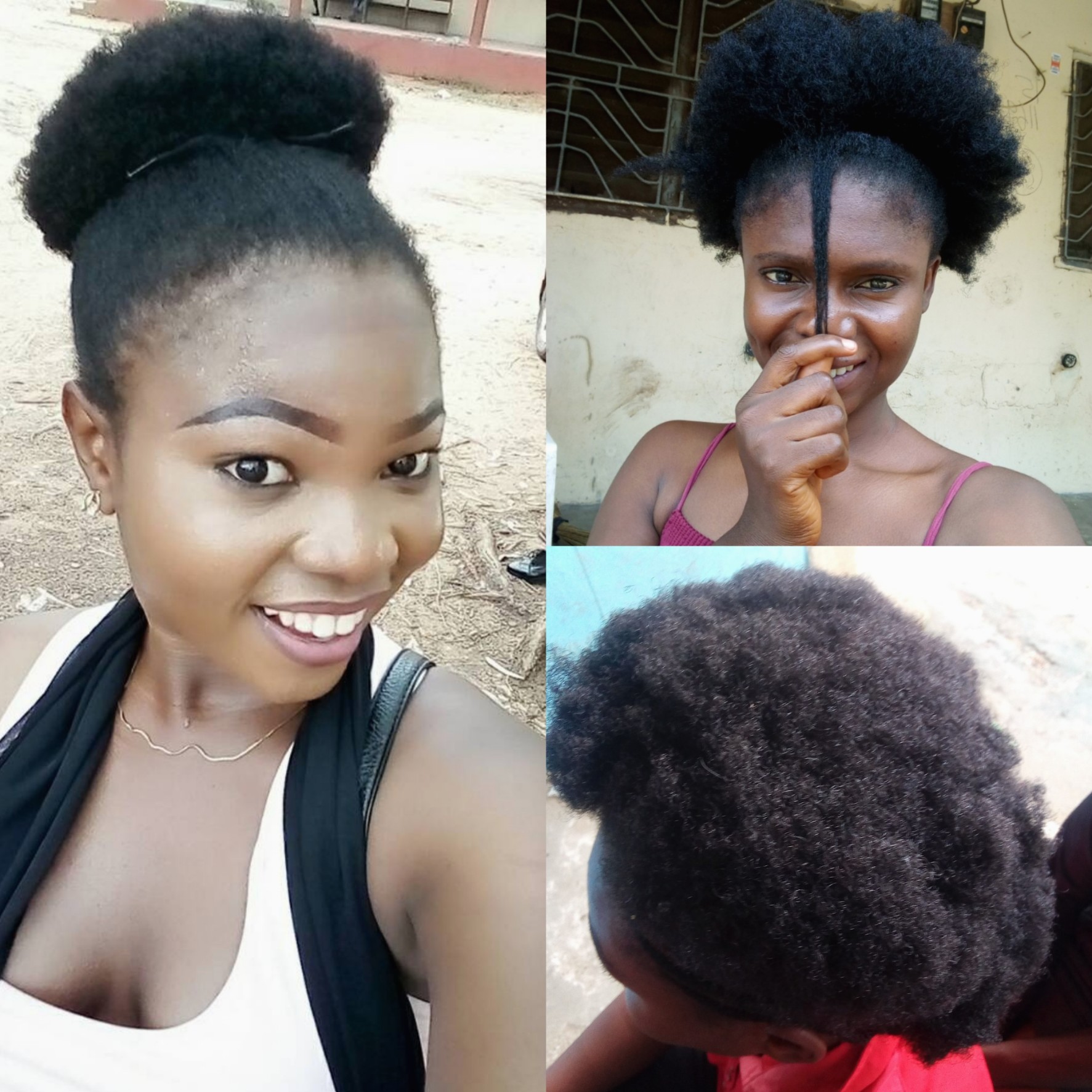
By Faith Kordoo
One of the lingering side effect of slave trade in Africa is the stripping away of her hair-itage. During the era of slavery, it is recorded that women with lighter skin colour and straight hair were sold at higher prices at auctions, as opposed to those who had natural kinky hair, which the white slave maters referred to as ‘wool’. This affected the mentality of black women with kinky hair as they thought they were less attractive and had lower value because of their hair and physical appearance.
Slavery did end in the 19th century but as with all terrible things, the trauma it brought stayed behind. The classism, segregation and ‘haireo-type’ lived on.
Black women who wore their hair in straight form were treated better and since every woman wants to be treated as equal, accepted and seen as beautiful, black women with natural kinky hair felt their curly afro which was quite coarse in nature and a tad difficult to handle did not represent beauty and acceptance, while straight hair on the other hand was accepted and represented beauty.
In 1909 the first hair relaxer was invented by Garret Augustus Morgan, therefore making it easy for a black woman with kinky hair to rock a straight hair which conformed with the norm. The creamy crack wave was a strong one which had a strong hold on African women, prompting the production of more hair relaxers, giving African women a variety of hair relaxers to choose from and relax their hair as often as possible, all in a bid to maintain a straight hair and be accepted and seen as beautiful like their light skinned counterparts.
The 21st century, however, brought evolution and knowledge of the dangers of using hair relaxers such as scalp irritation, hair breakage, chemical reactions and the likes, thus, paving the way for African women to make their way back to their hair roots.
By 2009, which marked the 100th anniversary of hair relaxers, the natural hair of black women was beginning to find its spot in the limelight. Many African women had started going back to the ‘hair-chives’ to reconnect with natural hair products.
The return of the natural coif, has over the years evolved from being a ‘churchy’ stereotype to a movement, especially with successful black women in the diaspora, such as Nigerian writer Chimamanda Adichie, rocking their natural mane.
As with everything, wearing a natural hair has it’s own challenges, ranging from having to put up with the process of starting afresh and getting to know your hair, to looking for the right treatment for it and putting an ample amount of time into managing/styling it. The cost of maintaining a natural hair is, however relative, it depends on ones hair and the type of treatment involved.
An African woman will never let a few challenges get in her way to stop her from enjoying the benefits that comes with wearing a natural hair, which includes ;
– Flaunting a strong, durable and healthy hair groomed with natural hair products.
-Having the chance of owning a lengthy hair that is all natural, with pride, in the long run.
-The natural hair gives room for hairstyle versatility- although, some do not subscribe to this, they think wearing a natural hair restricts one’s hairstyle choices because of it’s texture, but just like one who has a relaxed hair, a natural hair carrier can rock any hairstyle she wants amongst others.
The crown of women from different races are beautiful and unique, and while some of us might just be too lazy or impatient to join the ‘team natural’, always remember that a girl knows no boundaries, even when it comes to her hair. And, there’s always something about seeing a woman with a thick head, full of hair that is all hers. Priceless!
So, be it to boost your self esteem, for acceptance, or just for fun, make sure you wear your MANE with PRIDE.






